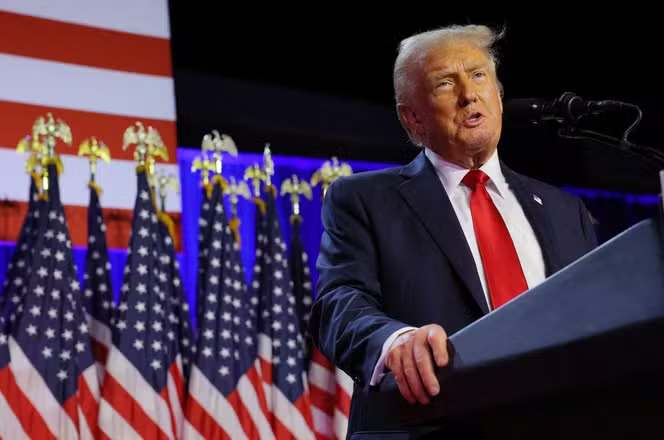Within hours of taking office as the 47th President of the United States, Donald Trump signed a flurry of executive orders aimed at reshaping America’s policies on global trade, health, and climate. The decisions, part of his broader “Make America Great Again” (MAGA) agenda, are expected to have far-reaching implications for lives and livelihoods across the world, including on the African continent.
One significant move was the suspension of U.S. foreign assistance programs. Trump ordered a 90-day freeze on all development aid disbursements, pending a review to ensure alignment with American interests. As the largest donor of foreign aid globally—disbursing $48 billion in 2021, with a third directed to sub-Saharan Africa—this decision is expected to impact several African nations reliant on U.S. support. Analysts predict a more conditional aid structure, potentially tied to tougher stances on China or preferential treatment of U.S. businesses.
Trump also announced the creation of an External Revenue Service to impose tariffs and collect foreign trade-related revenues. While experts believe Africa’s primary exports may not face immediate challenges, sectors benefiting from the African Growth and Opportunity Act (AGOA) could be at risk if Trump undermines the agreement. Countries exporting textiles and manufactured goods to the U.S. may feel the pinch.
The president’s withdrawal from the Paris Climate Agreement has sparked concerns among climate activists. Trump’s decision to halt financial commitments under the agreement jeopardises global climate initiatives and poses a significant threat to African nations already grappling with climate-induced challenges like droughts and floods.
- Advertisement -
In global health, Trump’s decision to withdraw the U.S. from the World Health Organisation (WHO) threatens critical health programs in Africa. As the WHO’s largest donor, U.S. funding cuts could exacerbate health inequalities and hinder emergency responses across the continent.
Lastly, Trump declared a national energy emergency, prioritising fossil fuel exploration. While this could lower global energy prices, it poses a competitive challenge to African oil exporters like Nigeria and Angola.










